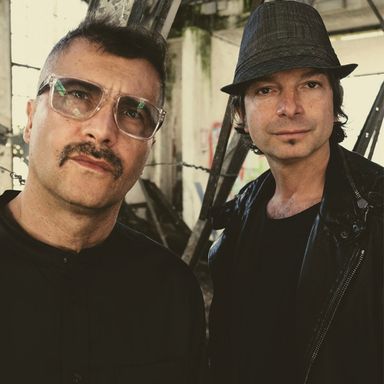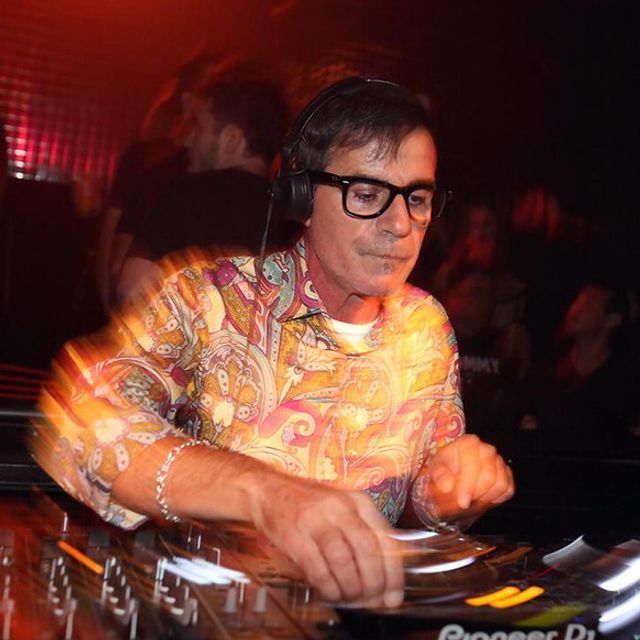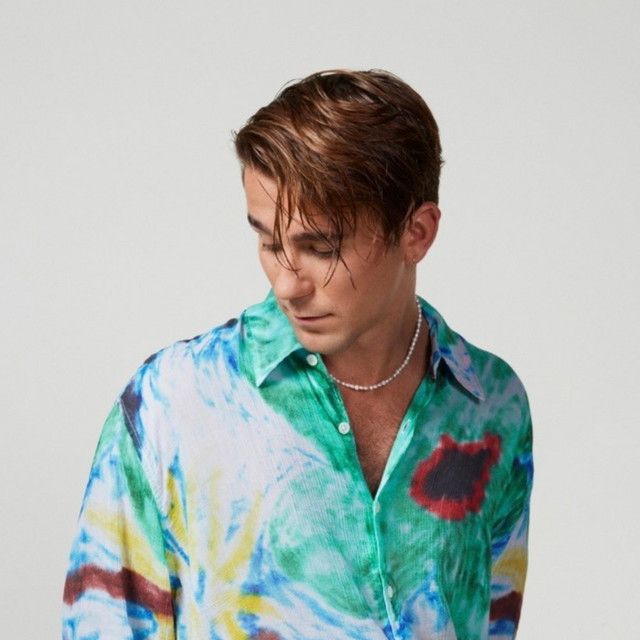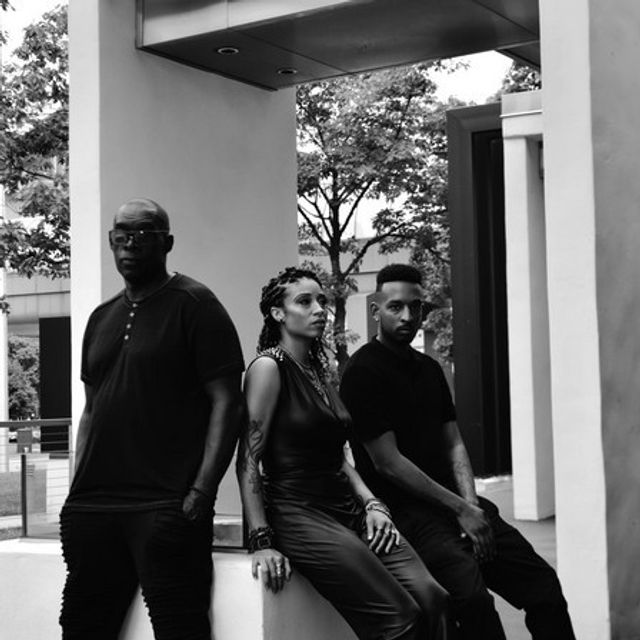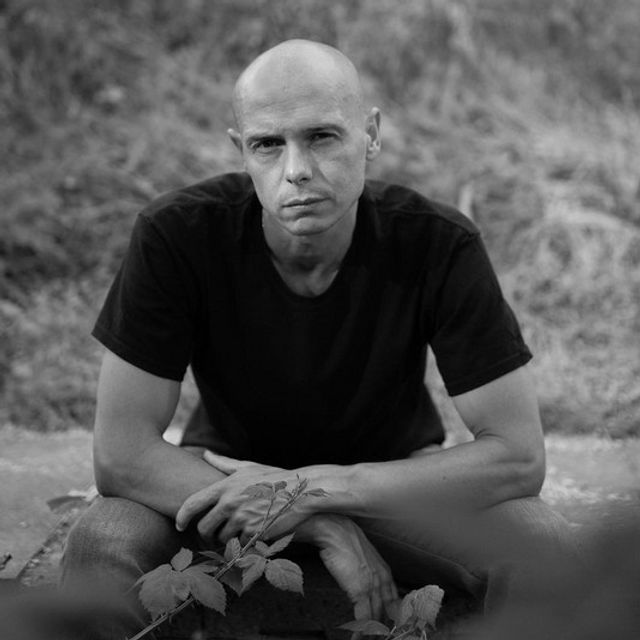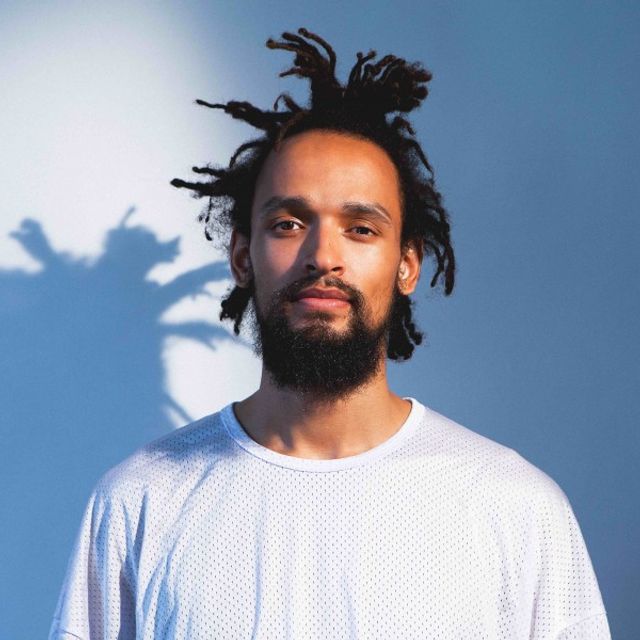Artist Spotlight
With a glistening discography and collaborations with dance music pioneers, Supernova - aka Giacomo Godi and Emiliano Nencioni - have finessed a classic house sound of their own through decades of experimentation. Born and based in Florence, Italy, the duo proudly founded three labels - Lapsus Music, Downtown Underground, and Blackboard. They have performed at some of the world's most celebrated venues and festivals, including elrow, BPM, Ministry Of Sound, Space (Ibiza and Miami), and Tenax (Italy). Despite being born in the '70s, the music of the '80s had the most considerable influence on the duo. The first band that Godi can remember loving is Duran Duran. "Of course, all the music that you listen to as a child… eventually influences you. In our first album, we did a cover of Duran Duran' Save A Prayer.'" In the late '80s, when house and techno were first emerging in Chicago and Detroit, the pair began DJing and producing. The duo's friendship has a long history. They grew up together and shared the same friends from a young age. Nencioni recalls that the concept of Supernova started because of a party they both went to. "I was DJing… We used to speak about music [and] our projects. I was starting a new project with a club in Florence. I invited Giacomo to [see if he wanted to] do these projects together." After visiting Godi's studio in Milan, the pair began producing music together and decided to join forces for good. "And here we are after almost 20 years," Godi concludes. "Next year is our 20th anniversary. We've [got the idea] of releasing an album in 2023, but first we have to produce it." They're also planning a tour off the back of the album release. Godi and Nencioni first fell in love with dance music thanks to 'The Godfather of house' himself, Frankie Knuckles. His track, "Your Love," which they bought on vinyl in 1988, remains one of their all-time favorites. Now, for Godi, being a DJ has become conflated with social media presence. "A DJ career is not only about DJing, or music… it's maybe half about social media, or maybe [even] more than half…You can be a 'pop star' DJ today if you are really good with social media, but that's another job." The first track that Supernova produced was one of the tracks included on Afterbeach, their first album. Godi explains that while they're unsure which one it was, Afterbeach encompassed all of their earliest productions. "We were in a studio in Milan… At that time, we were using Logic. The fun thing is that we were using a synth… that is from Novation, and it's called Supernova." It's this synth that gave the duo their iconic name. Over the years, Supernova have churned out an incredible quantity of brilliant remixes for some of the world's most accomplished artists. Godi believes that a critical breakthrough moment came 15 years ago. "We had the chance to remix a track by Kerri Chandler that did very well. It was played by tons of DJs. Kerri is one of our favorite DJs." In the same year, they flew to London to work on a major project with Defected Records, culminating in mixing Defected's coveted Miami in The House compilation. In 2012, the pair were asked to remix "The Whistle Song," a legendary house track by the Chicago mastermind, Frankie Knuckles. In a world saturated with house music producers, it's Supernova's fresh approach to remixing that has continually caught the eye of legendary artists. Godi says the best approach to remixing a classic track is translating its biggest element to the new generation. "We were able to give a different and new vibe to a big hit without moving too far from it, without ruining it. I think this is the goal of a remixer." For Nencioni, another breakthrough moment in their career came in 2009, with their first label, Lapsus Music. "[The label] allowed us to create a real Supernova music scene because we could share all the music we wanted. I think from that moment, a new Supernova era started. It was really important for us." Today, the pair are living the dream. They own three music labels and a publishing company, which allows them to release music from a broader range of genres than house alone. In 2010, Supernova released a massive hit with the Detroit legend Kevin Saunderson, one of the pioneers of Detroit techno. "We first released the record without meeting him," Godi recalls. "We took a sample from a library that we had, that wasn't just a small sample. We didn't realize that it was part of a Kevin Saunderson record. Kevin, at the beginning, was a little bit upset about this because we didn't clear the sample." After re-releasing the record as with Saunderson credited, the duo developed a great relationship with the iconic producer and have played together in New York. Nencioni highlights the pair's work with other members of the Saunderson family. "His son, [Dantiez Saunderson], released on Lapsus too… and we've had several collaborations with Ann Saunderson… So, we've collaborated with all the family! We feel like part of the family." Part of Supernova's individuality stems from their innovative live setups, which have shifted significantly. They started as some of the first artists to experiment with doing a live set in a club with real instruments. "I was coming from a live, studio [background]," Godi explains, "and [Emiliano] was a DJ… We were going into clubs with thousands of keyboards, mixers…every gig was a mess in the beginning." The duo soon found that sticking to a rigid, pre-prepared set of tracks was ill-suited to a club setting; for them, live shows worked better at festivals. "We started to do this mixed thing between DJing and a live set… we moved to using decks, and Ableton, so basically we were playing music from decks, and at the same time adding on live percussion or playing some small live synth lines, or playing our tracks from Ableton as well." Nowadays, Godi and Nencioni generally stick to standard DJ sets but plan on incorporating both DJ sets and live performances into their 2023 album tour. With a wealth of experience and wisdom, Godi and Nencioni are well-placed to reflect on how the Italian electronic music scene has changed over the years. Nencioni argues that, during the '90s, the Italian scene was one of the best in the world. "Now, maybe it's not the best… [but I still] think we have good spots, good festivals, and good clubs these days." The industry has transformed in tandem with the growth of the internet and social media. COVID hit the Italian electronic scene hard, but nevertheless, Godi remains optimistic about the future. "Maybe now it's a new beginning… for the club scene in Italy. One of the things that I think the Italian scene doesn't have, or hasn't been able to do, compared to other scenes… is to make a really Italian scene and export it around the world, like for example the UK does, or Amsterdam." For Godi, Italy has always been and continues to be home to tons of great Italian producers and DJs. "But we haven't been able to set a trend. We always take trends from outside." Nencioni also sees this as a political issue. "In Italy we have more restrictions than the UK or Berlin, so it's not easy to develop a good culture for the young generation, or for investors. It's difficult to evolve with these kinds of limits."
